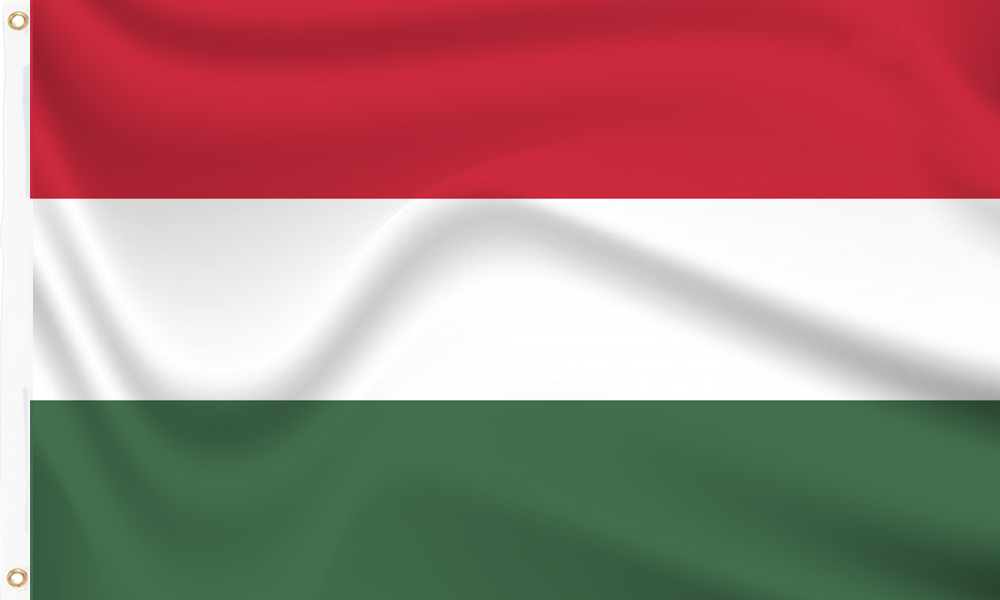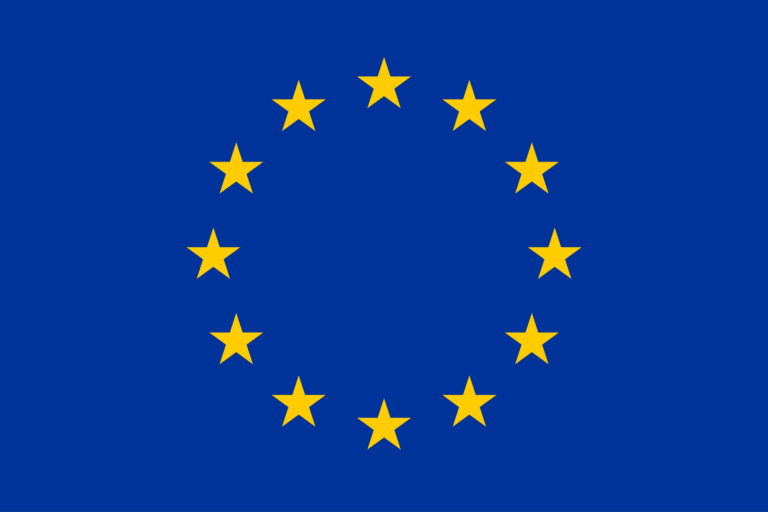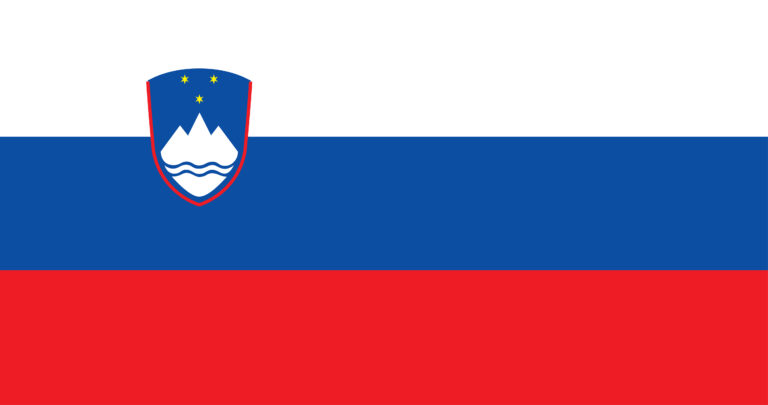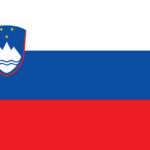Short introduction
Physiotherapy is an essential component of the healthcare system, offering rehabilitation and treatment for patients with musculoskeletal, neurological, and cardiovascular conditions. Physiotherapists play a key role in promoting recovery, managing chronic conditions, and improving the overall quality of life for patients. As healthcare demands increase globally, the need for qualified physiotherapists is steadily growing, and Hungary is no exception. The country has seen a rising demand for skilled physiotherapists across both public and private sectors – physiotherapy degree Hungary.

Pursuing a physiotherapy degree in Hungary presents a unique opportunity for students to receive high-quality education while benefiting from the country’s strong healthcare system. Hungary offers a well-rounded curriculum that integrates theoretical knowledge with hands-on clinical experience, preparing students for a successful career in physiotherapy. The training programs are designed to equip future physiotherapists with the skills needed to meet the demands of the healthcare sector, providing ample opportunities for professional growth and specialization.
This article will explore the key aspects of obtaining a physiotherapy degree in Hungary, focusing on degree requirements, the structure of the programs, specializations available, career opportunities in the field, and the role of professional associations in regulating the profession.
Physiotherapy Degree Hungary – important information
The Bachelor of Physiotherapy is the primary degree offered to students pursuing a career in physiotherapy. The program typically spans four years, requiring students to complete around 240 ECTS credits. During this period, students gain a comprehensive understanding of human anatomy, biomechanics, physiology, and various physiotherapy treatment techniques. The curriculum is designed to provide a thorough grounding in the fundamental principles of physiotherapy while offering students practical exposure.
The integration of clinical practice into the curriculum is a hallmark of Hungarian physiotherapy education. Students are required to complete internships, which allow them to apply their theoretical knowledge in real-life situations. These clinical placements are critical for developing practical skills in patient assessment, treatment planning, and rehabilitation techniques. The emphasis on hands-on experience ensures that graduates are ready to enter the workforce as competent, capable physiotherapists.
The demand for physiotherapists in Hungary is growing steadily, driven by an aging population, an increasing focus on rehabilitation, and the country’s expanding healthcare infrastructure. Graduates of Hungarian physiotherapy programs are well-equipped to meet this demand, with ample job opportunities available in hospitals, private clinics, rehabilitation centers, and even sports medicine. The integration of evidence-based practice and a focus on patient-centered care further enhances the value of physiotherapy education in Hungary.
Duration and Structure of the Physiotherapy Degree Hungary
The physiotherapy degree in Hungary typically spans four years, equivalent to eight semesters of full-time study. Students are required to complete 240 ECTS (European Credit Transfer and Accumulation System) credits, which are divided between theoretical courses, clinical placements, and practical training. This structure ensures that graduates not only acquire the necessary knowledge but also gain hands-on experience critical for a successful physiotherapy career.
The program is designed to provide a comprehensive education in physiotherapy, with an emphasis on both theoretical foundations and practical applications. The first few semesters focus on core subjects such as human anatomy, physiology, and biomechanics, which are essential for understanding the structure and function of the human body. These courses lay the groundwork for more specialized study in areas like musculoskeletal rehabilitation, neurological physiotherapy, and sports injuries.
Clinical placements are a significant component of the curriculum, allowing students to apply their theoretical knowledge in real-world settings. These placements typically take place in hospitals, rehabilitation centers, or private practices, where students work alongside qualified physiotherapists and healthcare professionals. This practical exposure is crucial for developing the hands-on skills necessary for patient assessment, treatment planning, and rehabilitation.
In addition to theoretical and clinical components, the curriculum also incorporates research and evidence-based practice. Students are encouraged to engage with current research in physiotherapy, developing the ability to critically evaluate new treatment approaches and integrate them into their clinical practice.
Admission Requirements for Physiotherapy Degree in Hungary
The admission process for a physiotherapy degree in Hungary is competitive, and prospective students must meet specific academic and language requirements. The basic entry requirement is the completion of secondary education, equivalent to a high school diploma or its international equivalent. Applicants must demonstrate a strong academic background in subjects such as biology, chemistry, and physics, as these form the foundation for the physiotherapy curriculum.
In addition to academic qualifications, many institutions require applicants to sit for an entrance exam or complete an assessment as part of the admission process. The exact nature of these exams can vary by university, but they typically assess applicants’ knowledge of basic sciences, critical thinking, and sometimes practical skills relevant to physiotherapy.
For international students, proficiency in English is usually required, as many physiotherapy programs in Hungary are taught in English. Universities may ask for proof of English language proficiency through standardized tests such as IELTS or TOEFL. Some institutions may offer preparatory language courses to help students meet these requirements if necessary.
Overall, gaining admission to a physiotherapy program in Hungary requires meeting academic prerequisites, passing an entrance exam (where applicable), and demonstrating the necessary language proficiency. Successful applicants can expect to embark on a rigorous but rewarding educational journey that prepares them for a successful career in physiotherapy.
Living and Studying in Hungary
International students often find Hungary to be a relatively affordable country to live in compared to other European destinations. Student accommodation is widely available, ranging from university dormitories to private rental options, and prices remain competitive within Europe. Daily living expenses, including food, transportation, and other basic needs, are reasonably priced, contributing to the overall affordability of studying in Hungary.
While Hungarian is the official language, most universities offering physiotherapy programs in Hungary provide English-taught courses for international students, making it easier for non-Hungarian speakers to integrate into academic life. However, gaining a basic understanding of Hungarian can be beneficial for daily interactions and fostering deeper cultural integration. There are various language programs available to assist international students in learning Hungarian, helping them navigate life outside of the academic environment.
Courses and Specializations in Physiotherapy
The program typically begins with foundational courses in anatomy and physiology, which are critical for understanding the structure and function of the human body. These courses help students grasp how different systems, such as the musculoskeletal, nervous, and circulatory systems, interact and contribute to overall health and function. Biomechanics is another essential component, providing students with the knowledge needed to understand movement patterns and the mechanics of the human body.
As students progress through the program, they encounter more specialized subjects that focus on the practical application of physiotherapy techniques.
- Musculoskeletal rehabilitation is one of the core areas, where students learn how to treat conditions such as arthritis, fractures, and soft tissue injuries. This includes various therapeutic techniques, such as manual therapy, exercise prescription, and electrotherapy.
- Additionally, students are introduced to neurological physiotherapy, which covers the rehabilitation of patients with conditions like stroke, spinal cord injuries, and Parkinson’s disease.
- Sports physiotherapy is also a significant focus, teaching students how to treat and rehabilitate sports-related injuries, using techniques tailored to the needs of athletes
Specific areas of using psysiotherapy degreee Hungary
In terms of specializations, students in Hungary have the opportunity to concentrate on specific areas of physiotherapy after completing the core courses.
- Sports physiotherapy allows students to focus on injury prevention, rehabilitation, and performance enhancement for athletes. This specialization is in high demand due to the increasing focus on physical activity and sports participation across various age groups.
- Another key specialization is pediatric physiotherapy, which deals with the unique needs of children, particularly in terms of developmental disorders and congenital conditions.
- On the other hand, geriatric physiotherapy focuses on the elderly, addressing issues related to aging, such as reduced mobility, joint pain, and neurological conditions like Alzheimer’s disease.
- Lastly, neurological physiotherapy enables students to work with patients suffering from conditions affecting the nervous system, such as multiple sclerosis, stroke, and brain injuries.
Clinical Training and Internships in Hungary
The mandatory clinical internships typically occur during the later years of the program and involve placements in a variety of settings, such as hospitals, rehabilitation centers, and private clinics. These internships allow students to observe and participate in patient assessment, treatment planning, and rehabilitation. Working directly with patients under the supervision of experienced physiotherapists helps students develop their clinical reasoning, communication, and patient management skills.
Clinical placements also provide students with an opportunity to specialize in certain areas of physiotherapy based on their interests. For example, students might spend time in sports clinics working with athletes or in pediatric wards addressing developmental issues in children. The variety of placement options ensures that students gain a well-rounded understanding of different patient populations and treatment settings, which enhances their adaptability and versatility as future professionals.

The benefits of practical training extend beyond skill development; clinical placements also ensure that students are job-ready upon graduation. By working with real patients, students not only refine their technical skills but also learn how to manage diverse conditions, understand patient needs, and interact effectively with multidisciplinary teams. Furthermore, these internships allow students to build professional networks and gain exposure to potential employers, which can significantly aid in securing employment after graduation.
Certification and Professional Registration
After completing a physiotherapy degree in Hungary, graduates must obtain the necessary certification to legally practice as physiotherapists. The process of certification involves several steps, including registration with the Hungarian Physiotherapy Association (HPA), which is the primary regulatory body overseeing the profession. The HPA plays a pivotal role in ensuring that physiotherapists meet the required standards of education, ethics, and practice.
To become a licensed physiotherapist in Hungary, graduates must first submit their academic credentials and proof of clinical training to the HPA. This certification process ensures that all practitioners have completed the necessary educational and professional requirements to deliver safe and effective care. Once certified, physiotherapists are legally allowed to work in various healthcare settings, including hospitals, rehabilitation centers, private practices, and sports clinics.
Continuing education is a crucial aspect of maintaining licensure and advancing in the physiotherapy profession in Hungary. The HPA offers various courses, workshops, and seminars that provide physiotherapists with opportunities to stay current with the latest research, treatment techniques, and advancements in the field.
Career Opportunities for Physiotherapists in Hungary
Hospitals are one of the primary employers of physiotherapists, particularly in specialized departments such as orthopedics, neurology, and cardiovascular rehabilitation. In these settings, physiotherapists play a critical role in post-operative recovery, pain management, and physical rehabilitation for patients recovering from surgeries or injuries. Rehabilitation centers also offer numerous career opportunities, particularly for physiotherapists focusing on long-term recovery from stroke, brain injuries, or musculoskeletal conditions.
In addition to these institutional settings, many physiotherapy graduates choose to work in private clinics. These clinics often provide a more personalized approach to treatment and attract patients seeking specialized care, such as manual therapy, sports rehabilitation, or pain management. For those interested in greater independence, freelance work is a viable option, with physiotherapists offering services in private homes or clinics, or even partnering with fitness centers and sports teams.
Another increasingly popular option is to open a private practice. With the growing demand for rehabilitation services and specialized physiotherapy, many graduates establish their own clinics. This path allows for flexibility and control over practice areas, patient care, and business management.
Furthermore, there is notable demand for physiotherapists in sports medicine, with athletes requiring specialized care for injury prevention, treatment, and performance enhancement. Physiotherapists in this field may work with professional sports teams, fitness centers, or rehabilitation programs designed for active individuals.
As healthcare systems continue to evolve in Hungary, physiotherapists have significant opportunities to specialize in areas such as pediatric care, geriatric rehabilitation, and neurological physiotherapy. The expansion of rehabilitation services and the increasing focus on holistic healthcare and wellness further contribute to the rising demand for skilled physiotherapists.
Continuing Education and Professional Development
The Hungarian Physiotherapy Association (HPA) plays a vital role in facilitating professional development. The HPA organizes a variety of programs designed to support physiotherapists in their ongoing education. These programs cover diverse areas such as manual therapy, neurological rehabilitation, and sports physiotherapy, allowing practitioners to specialize further or refresh their existing knowledge. Additionally, the association sets standards for continuing education, ensuring that physiotherapists adhere to the latest best practices and continue to develop professionally throughout their careers.








